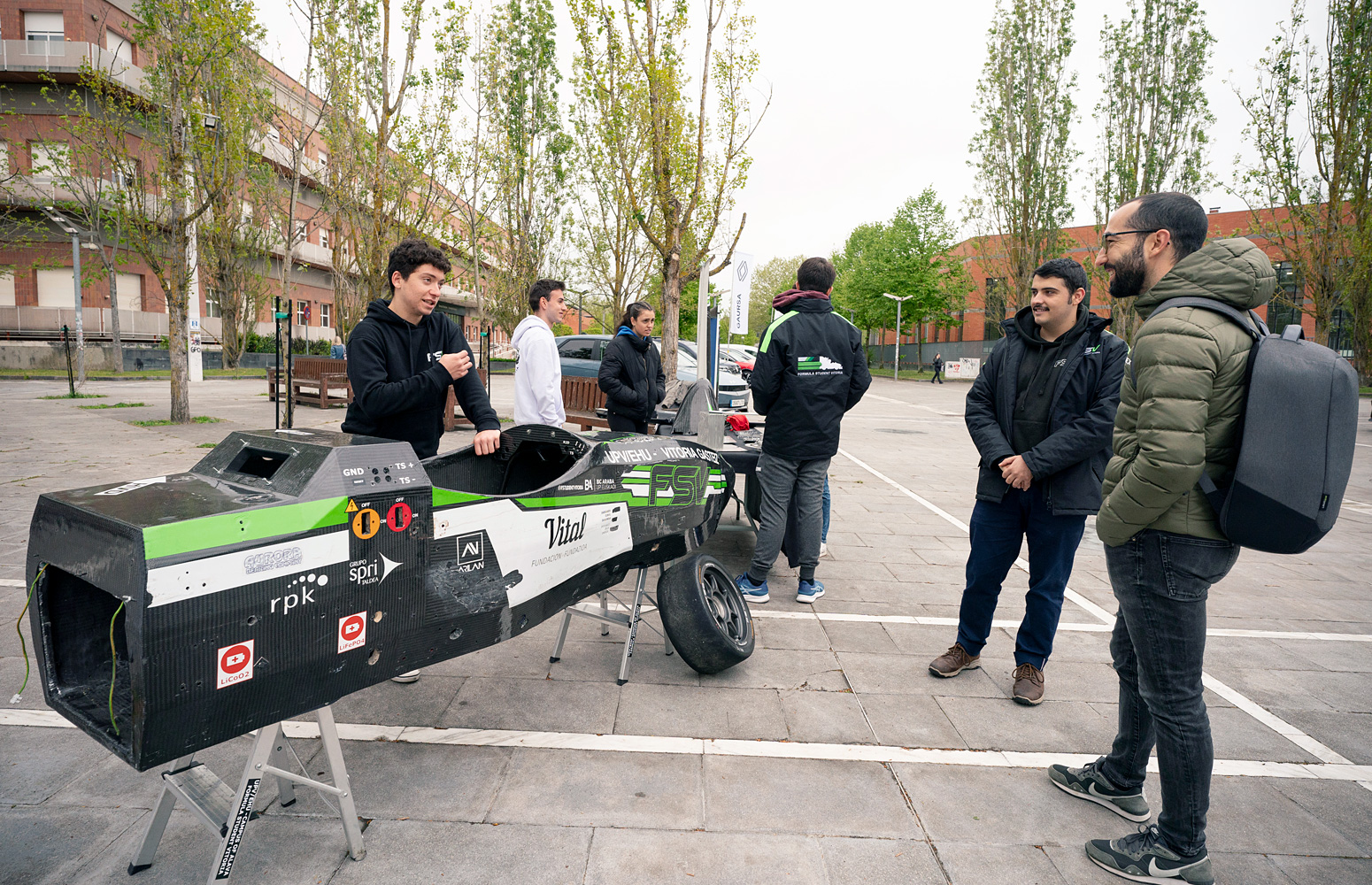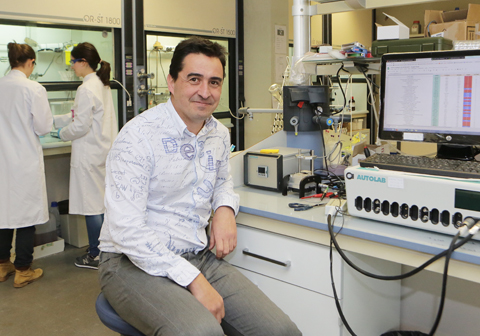The main goal of LION-HEARTED project, funded by the European Commission, is to develop a novel approach to promote cardiac repair mixing nanotechnology, cardiology and light technologies. The project plan is to challenge current paradigm for healing human cardiovascular system, by designing a new implantable device, an optoceutic platform, able to preserve, or at least, restore functions of heart and blood vessels.
-
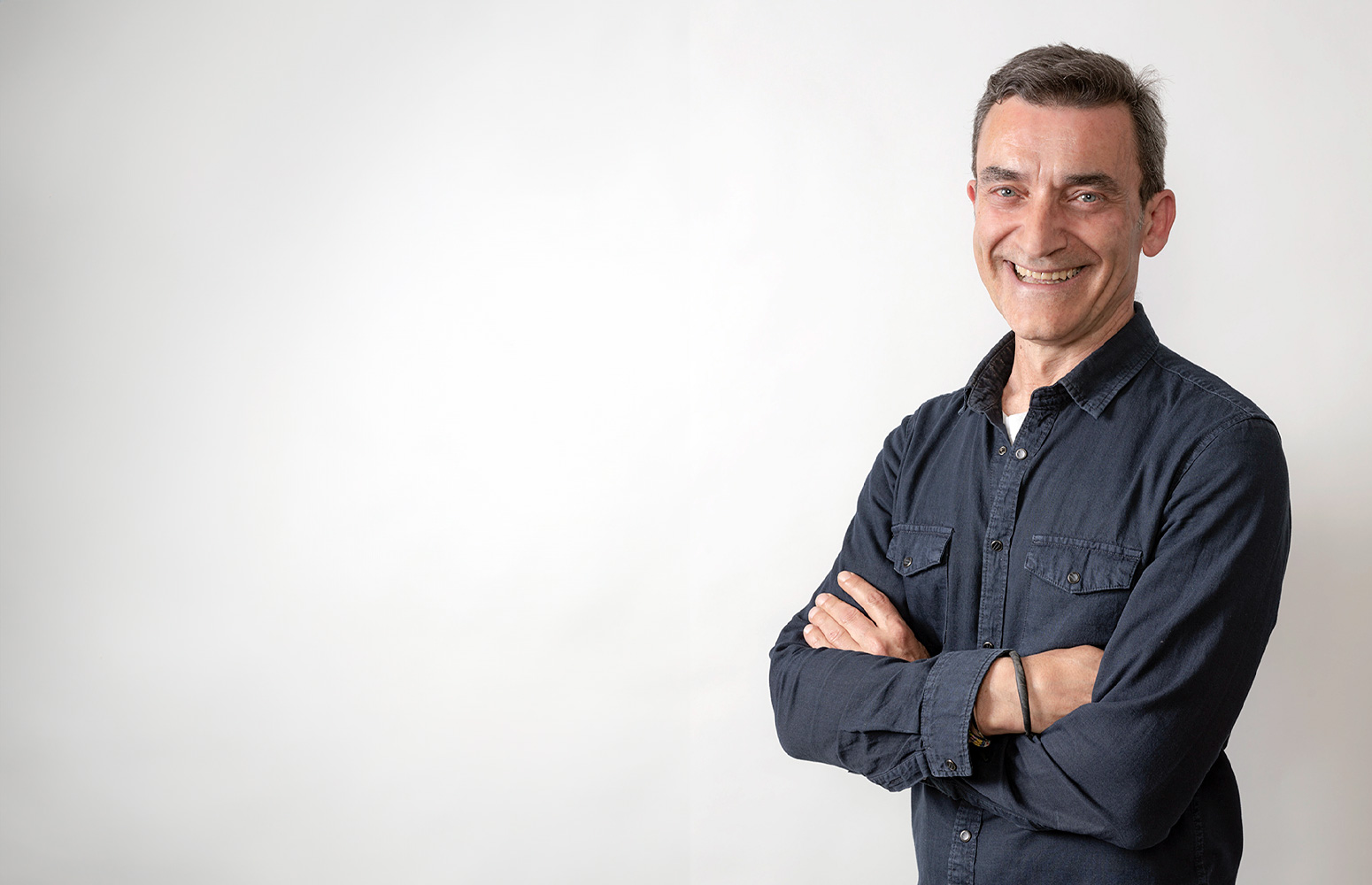
In memoriam: Arturo Muga
-
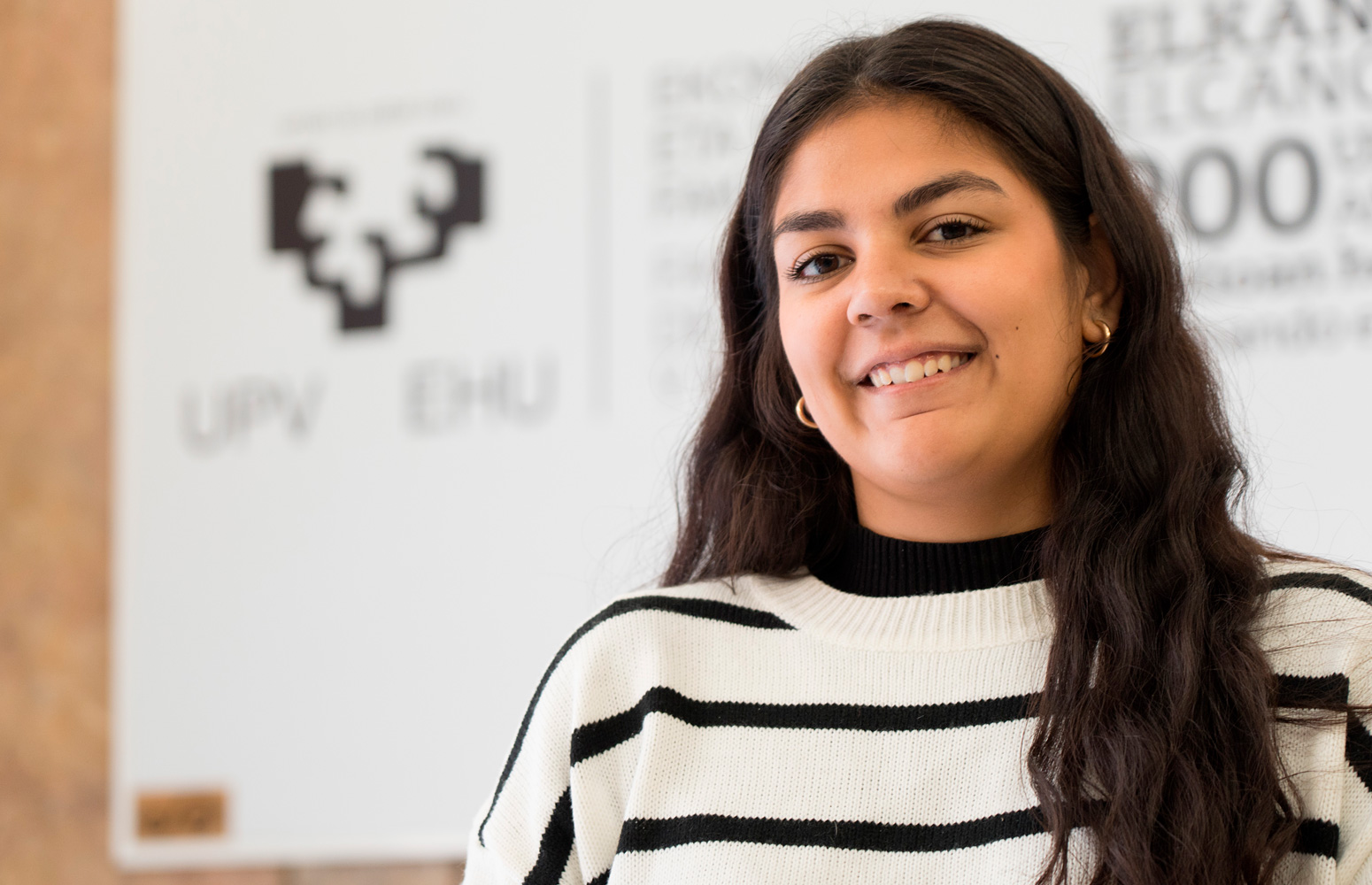
Violeta Pérez Manzano: «Nire ahotsa ijito bakar batengana iristen bada eta horrek inspiratzen badu, helburua bete dut»
-
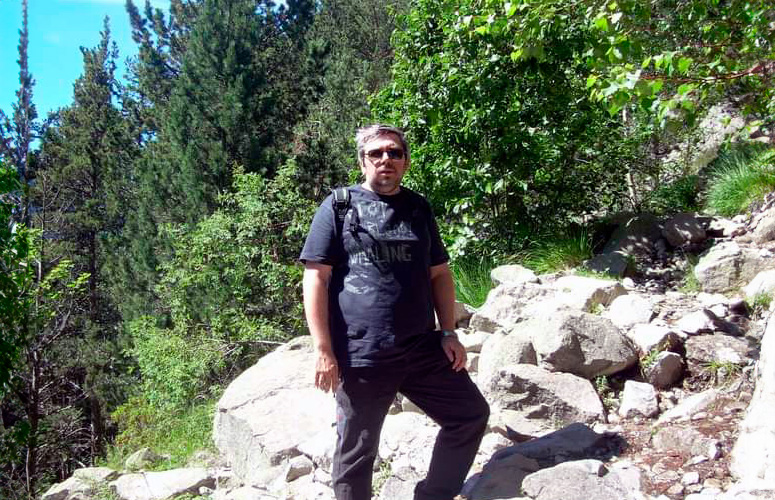
In memoriam: German Gazteluiturri Fernández
-
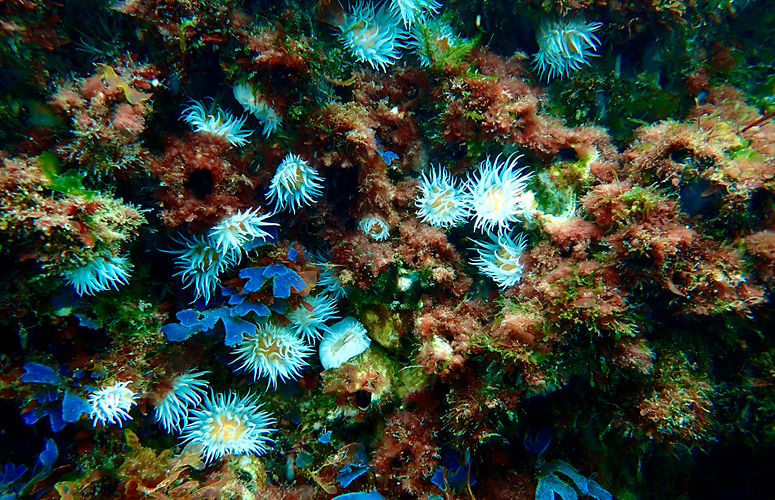
Itsasoaren gainazalaren tenperatura-igoerak aldaketa sakonak eragin ditu makroalgen komunitateetan
-
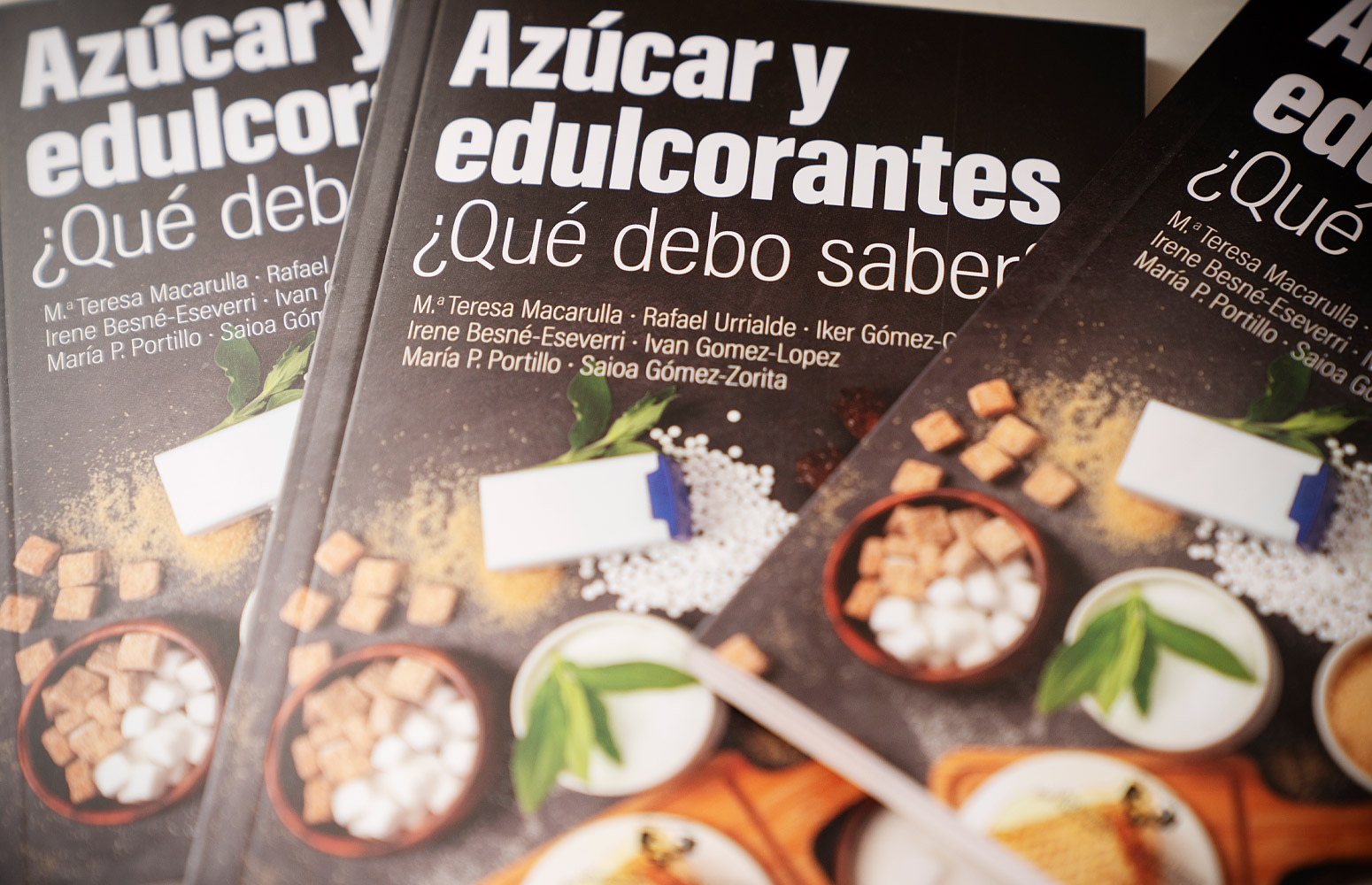
Azukrea eta edulkoratzaileak. Zer jakin behar dut?
A new paradigm to repair cardiovascular diseases
The UPV/EHU is participating in a European project to repair cardiovascular diseases mixing nanotechnology, cardiology and light technologies
- Research
First publication date: 11/06/2019
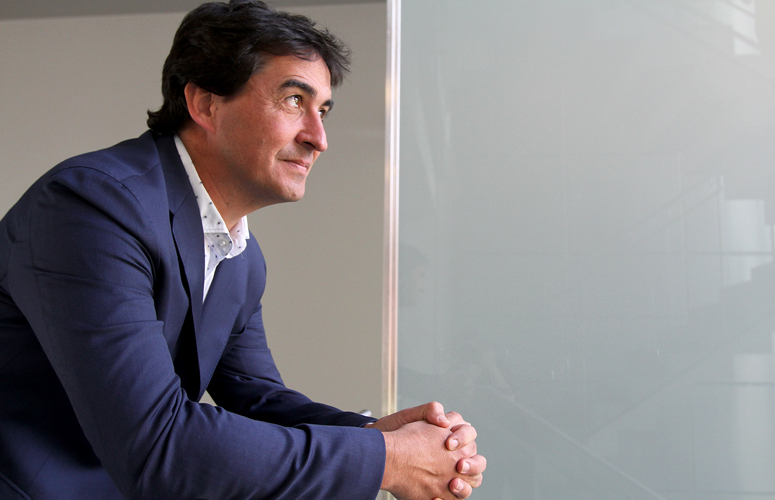
Cardiovascular diseases are the leading cause of mortality and morbidity worldwide, with an increasing incidence in the aging population and a huge socio-economical impact. “Heart failure, for example, has the greatest negative impact on quality of life, leading to the disruption of daily management and increasing dependence on care-givers. Nevertheless, an effective pharmacological treatment is currently lacking, as it is not possible to reverse disease progression”, said David Mecerreyes Ikerbasque Research Professor, UPV/EHU and Polymat, also researcher of the European LION-HEARTED Horizon 2020 project.
“The European team will carry out an interdisciplinary research focusing on the main characteristics of cardiovascular diseases, the development of innovative polymer materials that can be implanted in animal tissue and modulated by light, and the design of minimal invasive devices that may act as a healing technology directly restoring cardiac cells proliferation and specific functions”, explained the UPV/EHU researcher.
The LION-HEARTED optoceutic platform will be based on the combination of light and organic nanotechnology, so that optical modulation will give us the opportunity to work with an unprecedented resolution, a lower invasiveness, and higher selectivity in respect to traditional electrical and pharmaceutical control methods. Our main goal, therefore, is to restore cardiac function and vascularization, by modulating directly the fate and proliferation of main cardiovascular cell types.
LION-HEARTED will follow 3 main steps: first, the production of new polymer materials which are light sensitive and, at the same time, able to promote the differentiation of cardiac progenitors into cardiomyocytes; second, the testing of materials with disease models in vitro and the theoretical model of the optoceutic platform; third, the engineering of the device and the implantation in preclinical models, in order to have a final proof-of-concept device.
Additional information
The LION-HEARTED (Light and Organic Nanotechnology for Cardiovascular Disease) project is coordinated by IIT-Istituto Italiano di Tecnologia and it has been funded by the European Commission through one among the most technologically ambitious funding schemes, the FET-Future and Emerging Technologies. The consortium includes 8 partners throughout Europe. The project partners are: IIT-Istituto Italiano di Tecnologia (Italy), Università degli Studi di Pavia (Italy), Alma Mater Studiorum -Università di Bologna (Italy), IRCCS Istituto Clinico Humanitas (Italy), Technische Universitaet Muenchen (Germany), Universitat Linz (Austria), Universidad Del Pais Vasco/Euskal Herriko Unibertsitatea (UPV/EHU) and BERC POLYMAT (Spain), Charité – Universitaetsmedizin (Germany)


